Changing the Game
We’re both exacting people by nature. We farm with spreadsheets and maps, charting each plot, projecting and monetizing the year’s harvest. And then, it doesn’t rain. Or, it rains too much. Or, a tree falls on the electric fence. Or, seeds don’t germinate…etc.
In our early years, we were two very frustrated people. We didn’t understand a key aspect of farming: play.
The rules change. The game resets at random. The only way to farm without losing your mind is to learn how to roll with the punches. When everything is play, the setbacks become goalposts. Nothing is final. Everything is malleable. It all depends on how creative you are.
We planned a tight rotation of spring to autumn crops this season: peas and greens early in the year. Peppers, eggplants, and cucurbits mid-season. Sweet potatoes, pumpkins, and Spanish radishes at the year’s end. Our literal harvest is looking very different. Eggplants and peppers, yes, but otherwise we’re skidding into the turn of summer with an army of melons, a thicket of cardoons, winter squash, a suit of herbs, nasturtiums (always bomb-proof), and tomatillos.
Nature is good at this game. There’s no winning, but there is adapting. When things go wrong, rather than asking “why?” we ask “what if…?” We change the shape of the board and start over. The only way to lose this game is to stop playing. The trick is remembering to start.
Learning How to Play
Play is central to our experience, but few of us realize it. Most of us think of play as something that children do. That couldn’t be further from the truth. According to Dr. Stuart Brown, founder of NIFP (National Institute for Play), the psychological benefits of play extend well beyond childhood. When children play, they learn empathy, resilience, coordination, and communication skills. That learning continues throughout adulthood. The way we play might change, but the outcome is the same: play primes us to be more adaptive. Integrating play into our lives makes us more elastic in the wake of life’s stressors.
Play Personalities
Understanding how we like to play helps us to make the unpredictability of farming more enjoyable. When we brace our work with the threads of play, we make the whole of our venture more rewarding, regardless of the challenges at hand.
To better understand ourselves, we took a look at Dr. Brown’s eight adult play personalities. They go something like this:
The Joker - enjoys making people laugh with jokes and quips. The most immediately identifiable play style.
The Kinesthete - likes to move and be active. Dancers, athletes, and people in very active professions fall into this category. Beyond the professional, the Kinesethe category includes gym rats, weekend cyclers, and yoga practitioners.
The Explorer - prefers going to new places, learning new information, or searching for new feelings. Literal explorers, journalists, and scientists of all kinds are often in this group.
The Competitor - enjoys the thrill of competitive games where the goal is victory. Stock traders, strategists, investors, sales people, and professional competitors of any kind all fall into this category.
The Director - engages in play through planning and executing events. These are the organizers of the social world. Director’s often assume leadership roles in organizations, or work in other promotional positions. Politicians, influencers, and other social leaders are Directors.
The Collector - plays collecting objects or experiences. An entomologist who loves cataloging insects, an art curator managing an exhibition, or a veteran world traveler are all examples of collectors.
The Artist/Creator - finds joy in creating things or making things work. This is a wide group that includes everything from painters and sculptors to architects and construction workers. Artist/Creator types like to build, make, and fix, often with their hands.
The Storyteller - engages in play through imagination. They enjoy writing, reading, movies, and theater. Storytellers enjoy being immersed in a story as well as telling a story themselves.
The two of us have different (and complementary!) play personalities. It should come as no surprise that Kelly (currently writing this newsletter) is a Storyteller.
Kelly
I identify with the Storyteller personality. I conceptualize farming and winemaking both as a means of sharing important cultural narratives. Stories help me to understand my personal experience in relation to the world around me. I use storytelling arcs in our professional outreach, public presence, and in the preparatory development of our wines.
Andrew is an Artist/Creator. From coding our website, to repairing broken farm equipment, to business accounting, Andrew’s inclination to create and build makes our work possible.
Andrew
I have always found joy in understanding how things are put together. I’m the person who takes a thing apart to see how it works, because if I can fully comprehend how it works, I can recreate it. In the very small business we run, there is always something that needs fixing or building.
Better Minds = Better Business
When work feels like play, we perform better. Our ideas flow easily. We collaborate fluidly. Everything just…gels. Science suggests the same.
In their article Play, Stress, and the Learning Brain, researchers Sam Wang and Sandra Aamodt claim that play offers a number of benefits in the adult brain. Play stimulates the production of two neurotransmitters: dopamine and norepinephrine. The dopamine boost released in the reward cycle of play stimulates a sense of pleasure and motivation. Similarly, norepinephrine increases alertness and improves brain plasticity. Both neurotransmitters encourage us to learn, explore, and adapt: all critical entrepreneurial skills.
Understanding the link between play and success has become a lifeline on our farm. Play makes us better people in business and in life.
Play In and Out of the Kitchen
July was an unexpectedly playful experience on the CSA side. Our monthly recipe theme was all about summer grilling. Between getting smoked in the face by an overzealous coalbed and fooling around with grill grates, it’s hard to take any of it seriously. Grilling, as we’ve discovered, is very playful.
Grilling is a sensory experience: the hiss of oil against flame, the smell of gently caramelizing meat, the crack and pop of smoldering charcoal…it’s direct, visceral, and intuitive. Like farming, the grill changes on a dime. Mastering it is a tutorial in adaptation.
Whether it’s grilling or farming or winemaking, the syllabus remains much the same. Play is powerful. The more we play, the more we learn. The more we learn, the better we work. The better we work, the happier we become.
Life is better when we play.
What We’re Thinking About
A.I. is in the public spotlight. Even in our remote universe of farming and wine, A.I. trickles down into our conversation. We keep coming back to the NYT Food article “Can A.I. Write Recipes Better Than Humans? We Put It to the Ultimate Test”, reported by Priya Krishna and Cade Metz.
To test the culinary potential of A.I., Krishna asks GTP-3 for a non-traditional Thanksgiving menu emphasizing recipes centered around her Texan/Indian-American heritage. GTP-3 obliges, generating an inspired, if somewhat questionable menu: pumpkin spice chaat, green beans with miso and sesame seeds, naan stuffing, roasted turkey with a soy-ginger glaze, and more. The NYT team ran the recipes through DALL-E (an A.I. image generator) for an idea of what they were supposed to look like. Then they cooked the recipes exactly as they were written. The results were disappointing.
We’ll leave the rest for you to read in their article, but to quote the NYT Cooking team:
“We’re not out of a job,” Melissa Clark said.
“I don’t feel anything eating this food,” Yewande Komolafe added.
We can’t help but question the potential of A.I. The scraping of intellectual property feels slimy. The triumphs of A.I. art, writing, and (now) cooking are soulless at best.
Good for a laugh? Sure. Good for humanity? We might need some guardrails.
What We’re Eating
Kelly
With July’s theme being one of play, I can’t help but share a recipe that I’m feeling especially proud of: Salted Pea Pod Ice Cream. Shelling pea season lands squarely at the start of July in our parts, and it only lasts but a moment. With half the harvest ending up in the compost, I find myself in a perennial cycle of trying to make use of the discarded shells.
Last year, I pressed them, using the juice as a cocktail base. This year, I infused the shells into cream, whipped it up with some sweetened condensed milk, and shoved it in the freezer. The result was surprisingly elegant, not at all icy, and just sweet enough to log as a dessert.
Andrew
One thing I love is when, after you’ve cooked your meats and hearty veggies, the grill is still hot (but cooling slowly) and open for another round. For me, this is play time, when a number of things can be introduced and capture the remaining heat and smoke. On one such occasion this month, I threw on some peaches and green beans, removing them shortly thereafter and topping with some mint, salt, vinegar, oil, and feta. An easy salad came together, capturing the moment.
What We’re Drinking
Kelly
Fat-washed spirits are at the tail-end of their heyday, but when it comes to trends, living out in the sticks has its perks. Fat-washing is still novel here in the hills, and I’m just beginning to fully understand its potential. As someone who infuses booze for a living, fat-washing is distinctly appealing.
Fat-washing is thematically on point for this month’s newsletter. It brings another level of play to our work. We use specialized techniques like fat-washing to keep our Rundle CSA cocktails interesting. For example: Unorthodox: a cocktail we created for our CSA featuring sacramental wine, ouzo, and olive oil-washed gin.
Andrew
Expanding what we conceptualize as wine is a very fun exercise for a creator-play minded person like myself. We were fortunate enough to connect recently with Oddish Wine in San Diego, through a mutual love of eclectic winemaking. We’ve only just begun to explore all they make, but I particularly enjoyed Fresh Quince of Big Sur (a quince and sauvignon blanc co-ferment).
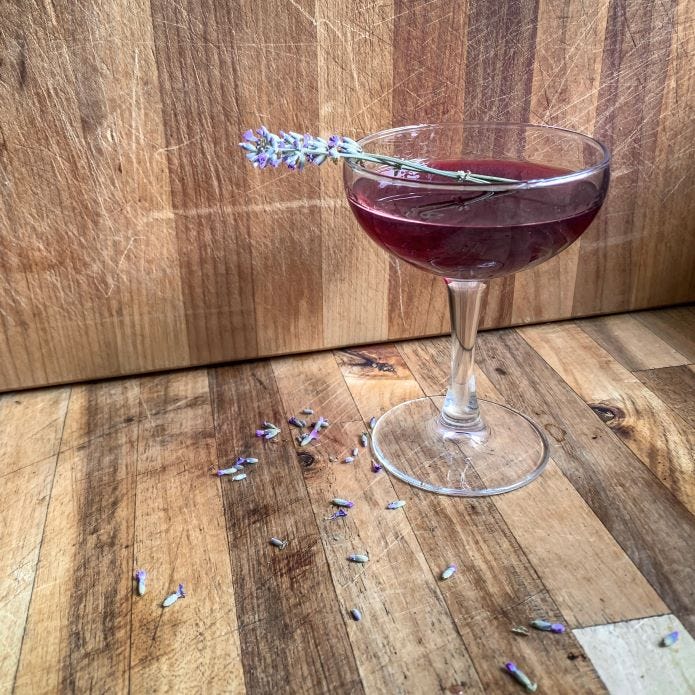
Recommended Reading/Listening
Kelly
Robinson is known for his science fiction, but in Ministry for the Future, he keeps his lens closer to the present. Ministry for the Future outlines a near timeline in which the planet is tipping full-throttle into the catastrophic effects of climate change. He paints a detailed picture of exactly how climate disasters impact our individual and group psychologies, our global economy, and our political balance.
In this episode, host Shankar Vedantam talks with psychiatrist Anna Lembke about the influx of short-fire pleasures in our modern society, and how our evolutionary mental wiring fails to cope.
Lembke explores how an influx of high stimulus pleasure creates neurotransmitter deficits that mimic addictive cycles in the brain. Her argument expands our understanding of addiction from traditionally substance-based to something much more encompassing.
Andrew
Andy Weir hit popularity with his novel The Martian, but his book Artemis is much more playful. Filled with enveloping problem-solving, our heroine navigates the new colony city on the Moon with an abundance of humor and grace-lacking “oh shit” moments. Despite my very Earthly setting, I can relate.
Hard Questions from Kevin Roose and Casey Newton from Hard Fork
These two journalists hit the right note between silliness and thoughtfulness as they explore the new frontiers of modern technology in their podcast Hard Fork from The New York Times. Their new segment Hard Questions really gets to the core of the complicated navigation we are all jumbling with as the tech world keeps evolving faster than our minds can comprehend.
Here they grapple with such things as the ethics of using AI image generators and who is responsible when new checkout devices at stores fail to charge you for items you intended to purchase.





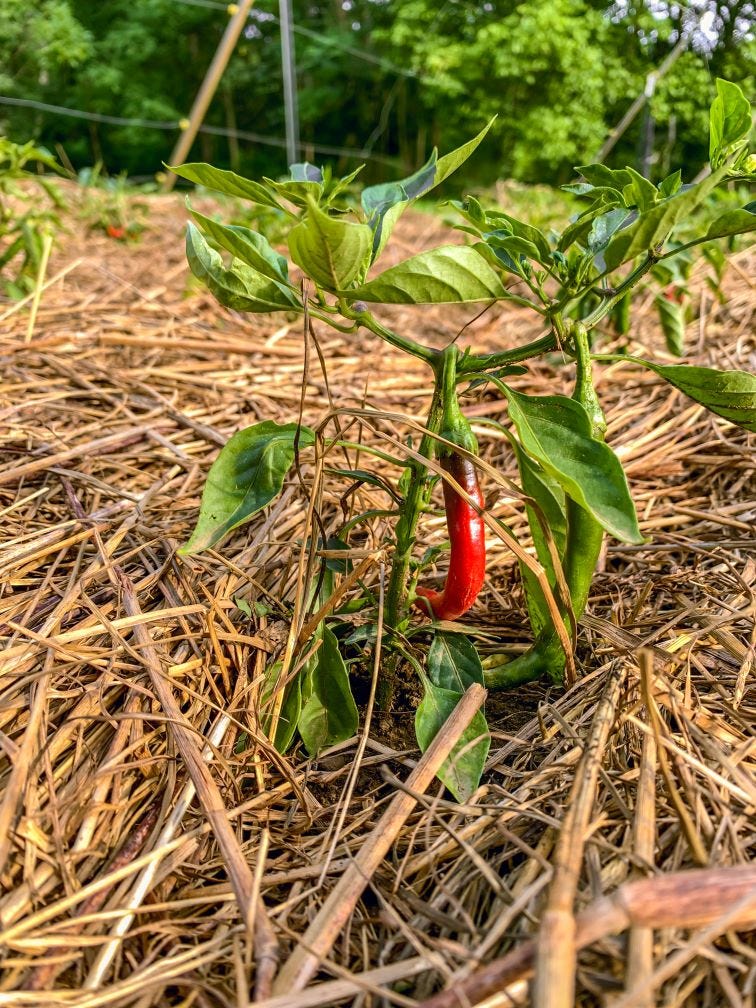
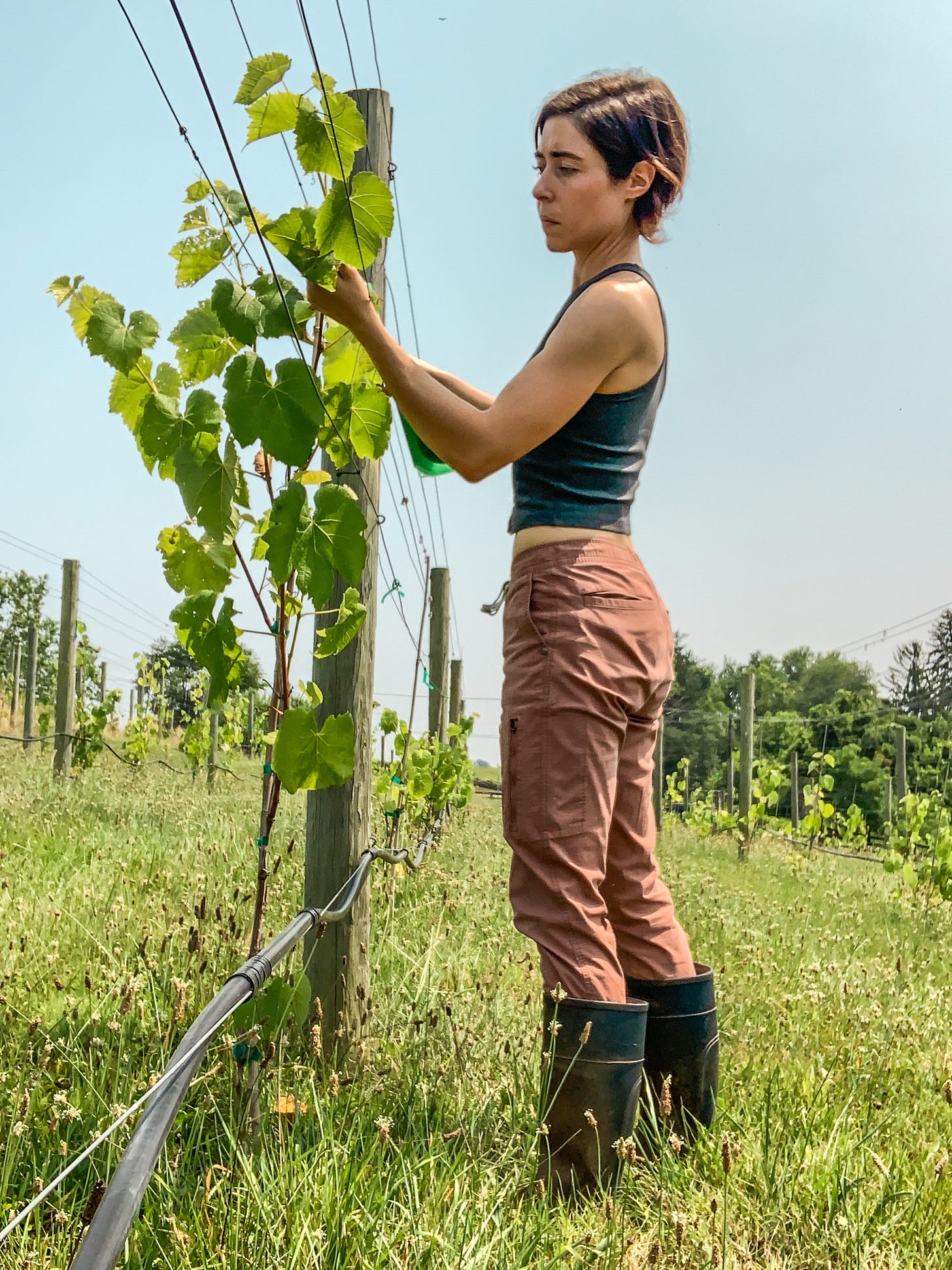
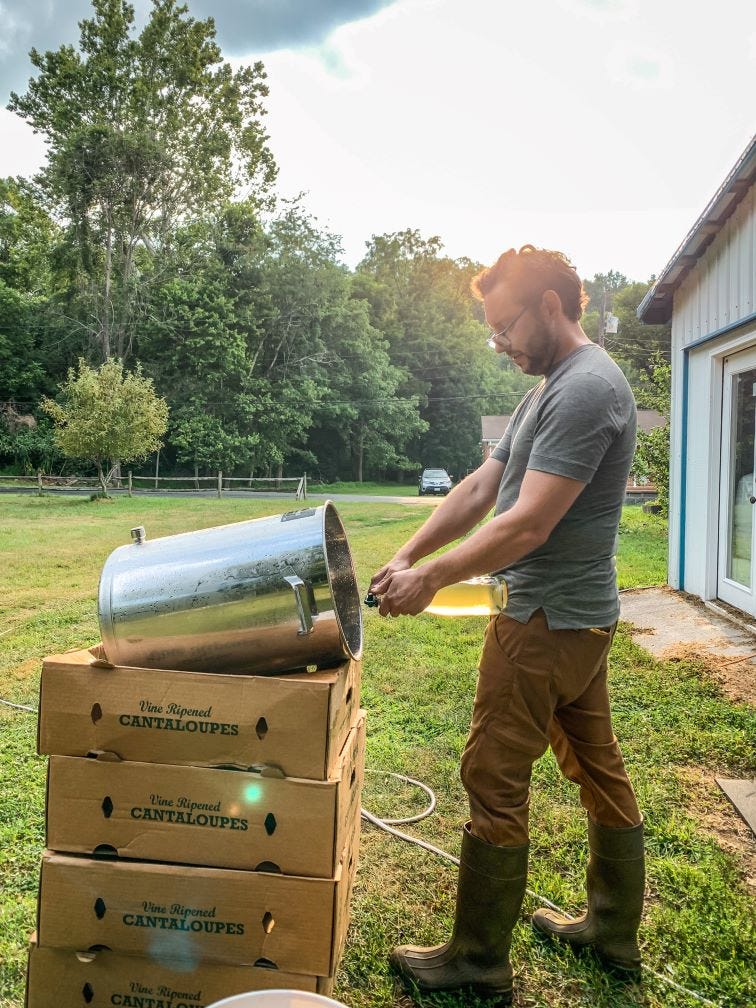

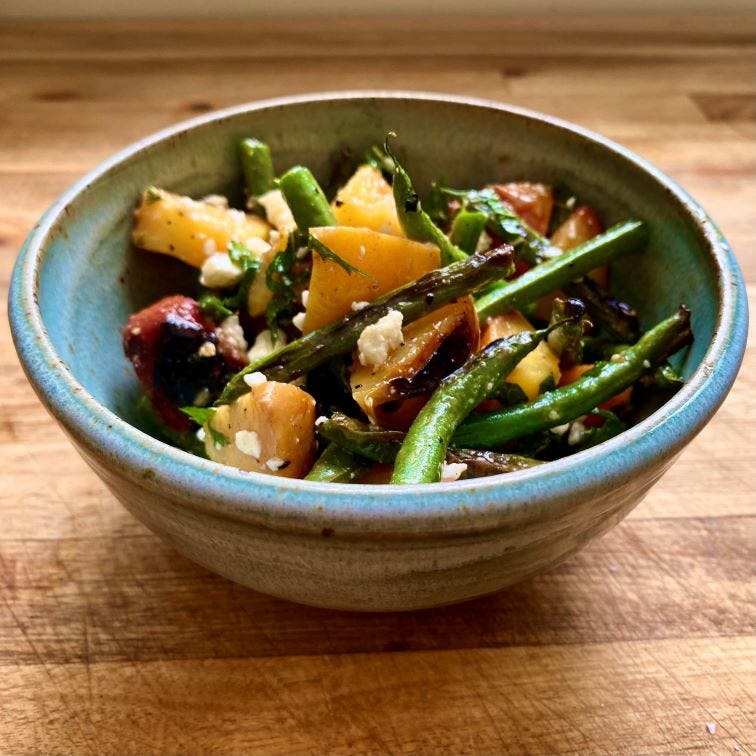
Y'all gotta check out @PETERGRAY
https://open.substack.com/pub/petergray/p/why-hunter-gatherers-work-was-play?r=5cli6&utm_campaign=post&utm_medium=web